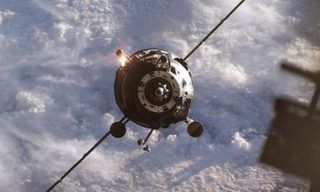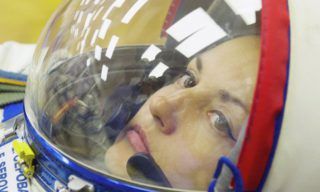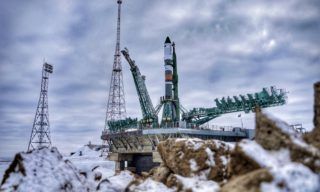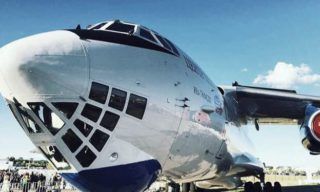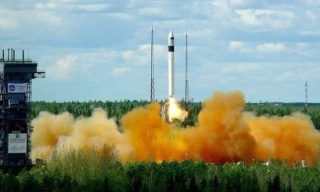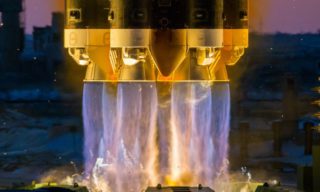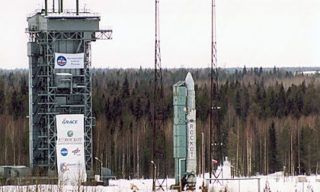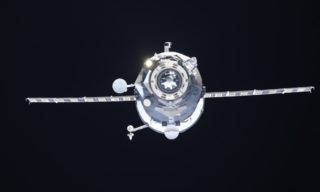Progress M-20M undocked from the ISS and will perform controlled flight for 8 days to conduct “Curve” scientific experiment on its board, – Mission Control Centre representative reported.
Progress M-20M has been a part of the ISS from July 28,2013. At the present time the spacecraft is undocked from the station and sent for controlled flight during this flight “Curve” scientific experiment will be conducted onboard the vehicle. “Progress will be sank in non-navigational area of the Pacific ocean on February 11, 2014, – the spokesman stated.
The Curve scientific experiment is aimed at microacceleration level detection, development
of mathematical model of gravitational conditions onboard the station and exploration of onboard systems operating modes impact on the ISS flight conditions.
The experiment description states: “in course of the flight there appear micro accelerations that may exceed rating acceptable for gravity sensitive experiments. That’s why these levels has to be controlled, the development of mathematic models that will enable to determine current micro acceleration levels and predict micro gravity level onboard the station for a given period of time.
“Curve” experiment was started by ISS-1 mission and continues up to the present time. In this period (ISS-1 – ISS-26) about 546 communication sessions was conducted due to which about 3 Gigabytes of information was received. The onset of convection due to the constant micro accelerations onboard the ISS, accelerations connected with station reboost maneuvers, dockings and undocking with Progress-M and Soyuz vehicles was experimentally proved.
Image credit – Roscosmos





